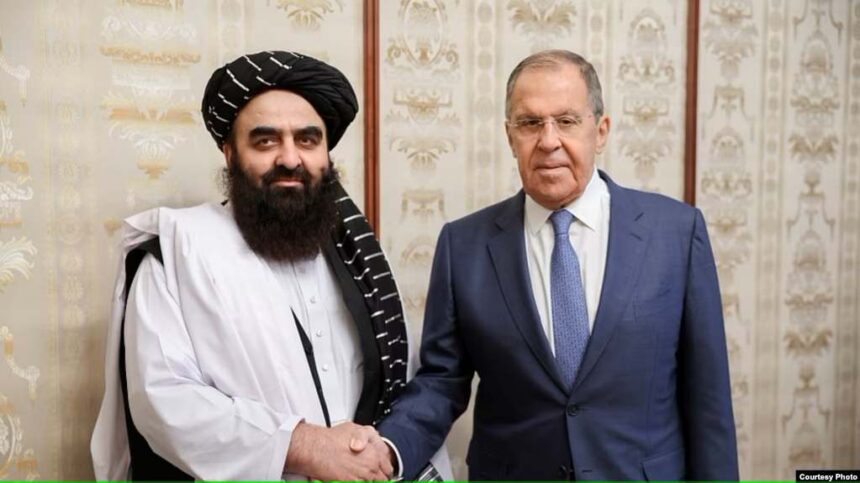In a significant geopolitical shift, Russia’s Supreme Court has removed the Taliban from its list of banned terrorist organizations, a move widely seen as a first step toward officially recognizing the group as Afghanistan’s ruling authority.
The decision follows growing diplomatic contact between Moscow and the Taliban-led government in Kabul, including recent high-level meetings such as that between Russian Foreign Minister Sergey Lavrov and Taliban Foreign Minister Amir Khan Muttaqi in Moscow last October.
The Taliban seized control of Afghanistan in August 2021 following the withdrawal of U.S. and NATO troops after two decades of conflict. Despite holding power since, the Taliban regime has remained largely unrecognized internationally due to widespread human rights abuses, particularly those affecting women and girls.
“This legal change paves the way for deeper diplomatic engagement,” Russian analysts suggest, adding that it aligns with Moscow’s strategy of expanding its influence in Central Asia and counterbalancing Western policy in the region.
While Russia has not yet granted formal recognition to the Taliban government, officials say removing the group from the terrorist list is an important prerequisite for building formal diplomatic relations and engaging in potential economic cooperation.
In contrast, Western nations remain hesitant, citing grave human rights violations, including bans on female education and employment, as key barriers to any normalization.
Afghanistan remains in a deep humanitarian and economic crisis, with millions facing food insecurity. The Taliban, under increasing pressure to gain legitimacy and attract foreign aid, has sought to forge new alliances, especially with non-Western powers.
This legal and political development from Moscow signals a possible realignment in the international approach to the Taliban—and could prompt further debate within the global community on the terms and conditions of recognizing the regime in Kabul.







